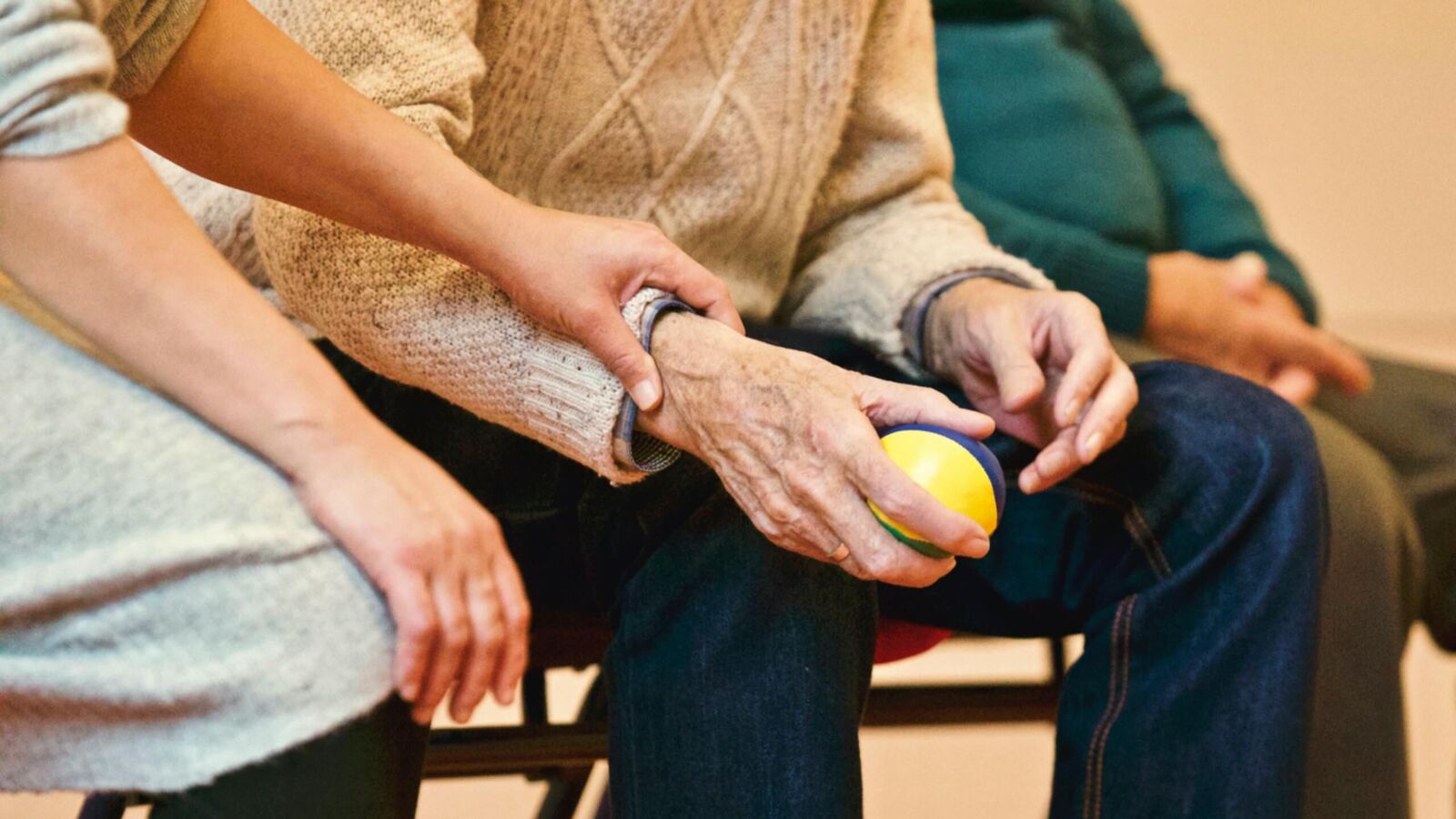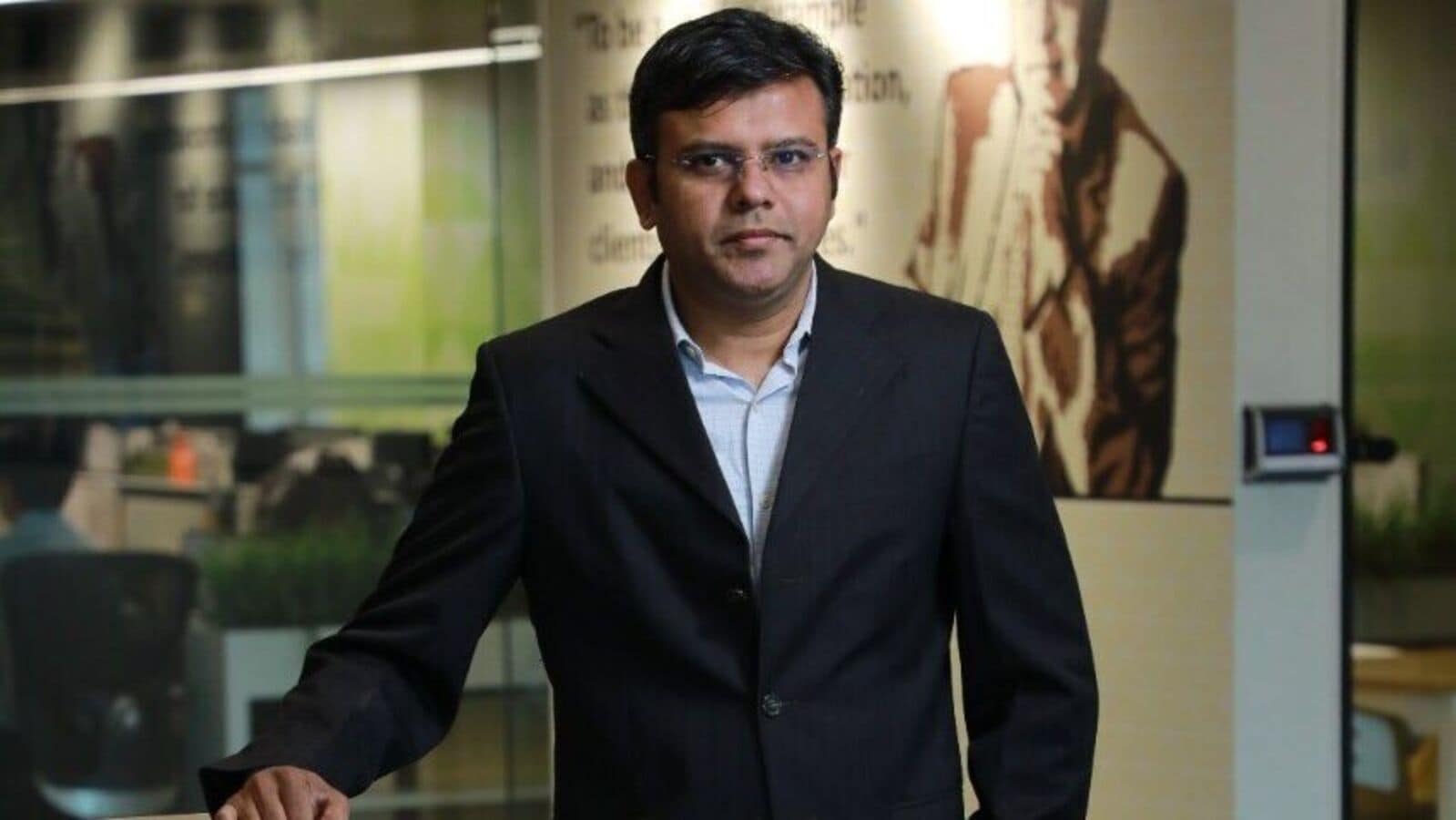[ad_1]
Out of the 1,998 workers injured in Haryana and Maharashtra in FY2023-24, 1,597 (80%) were from the automobile sector supply chain, said the SafetyNiti 2024 report. Most workers in Haryana made parts for Maruti Suzuki (543 workers) and most workers in Maharashtra made parts for Tata Motors (350 workers), according to the report. The rise in the number of cases over the years can be attributed to an increase in the number of SII centres/locations to four across India.
“More than 60% of the crush injuries are on the power press machines. We would like the automobile brands to improve power press safety mechanisms and working conditions through training and audit,” Sandeep Sachdeva, co-founder and chief executive officer of SII, told Mint. He noted that the garment and metal sectors were other industries where accidents occurred.
Safety rules followed
However, Siam refutes any allegations that safety rules are violated in a large way. “All our members are highly committed and sensitive to worker health and safety. They have undertaken several programmes and interventions to enhance worker safety within their plants and suppliers,” said Rajesh Menon, director general, Siam, in a response to Mint. “It is important to understand that every vehicle manufacturer would have a few hundred direct (Tier I) suppliers, thousands of Tier II suppliers, and many thousands of Tier III suppliers. It is wrong to attribute the safety incidents of Tier II or Tier III suppliers to the vehicle manufacturer.”
Safety is a no-compromise parameter for Maruti Suzuki, the company spokesperson said. “The company is committed to fostering a robust safety culture, driven by active engagement from both the leadership led by the MD & CEO and the frontline employees. Ensuring safe working environment requires continuous improvement, for which participative decision making is one of the key factors. Last year, the front-line workers provided over 230,000 suggestions to enhance safety efforts in their respective areas. Also, over 12,000 employees were trained during the year on various facets of safety. The company also encourages its workers to report near-miss incidents. This led to reporting of 934 near-miss incidents in FY24 for which the company has implemented suitable countermeasures. Our efforts ensured zero fatalities due to work-related injuries in FY2024,” the Maruti Suzuki spokesperson said.
“Most of these injured workers are/were on contract, earning less than ₹15,000 per month, for mostly 12-hour shifts, 6 days a week, for these high-risk jobs and 67% had lost a part of their body to the accident, changing their lives forever,” the report said.
Challenges
But, the Automotive Components Manufacturers’ Association (Acma) has not negated the challenges.
“Although many of these incidents take place in the informal sector at tier-III suppliers who are not Acma members, it is important to acknowledge the challenges of the manufacturing industry. If there are accidents happening, it is important the industry adopts best business practices across the value chain,” Vinnie Mehta, director general, Acma, said. “We need to be cognizant of the issue see and collaborate with the government to identify the next steps in addressing this problem.”
The Maruti Suzuki spokesperson added that since the company’s supply chain is vast, and the suppliers are independent companies “the company can lead by example and use our influence as a buyer to promote safety. As a responsible corporate, Maruti Suzuki will continue to reward Tier-1 suppliers who actively work for improvement of Safety at Tier-2 suppliers. Our supplier assessment model incorporates regular measurement and audit of safety practices and award of business has been made contingent to their meeting the requisite safety standards.”
SII notes that since 2016, it has assisted 8,000-plus injured workers, mainly in Haryana and Maharashtra, of which 6,000-plus were in the automobile sector. The report highlighted that this issue is widespread in other auto sector hubs like Tamil Nadu, Karnataka, Uttarakhand and Rajasthan.
Safety culture
“Safety as a culture is yet to percolate deep within the original equipment manufacturers (OEMs) and the vendors,” said Aditya Narayan Mishra, CEO of CIEL HR Services, a staffing firm, which recruits workers for manufacturing companies. “Although the training and steps taken to ensure safety have improved, more needs to be done. Often the employees on the floor are overworked, unaware of their health hazards and attention, because of the long hours, gets impacted.”
“No brand has taken any significant national corrective action for their deeper supply chain (training, audits & proactive actions),” said the study. Only three brands (Bajaj, Maruti Suzuki, and Tata Motors) monitor even their Tier 1 for even one of the following: appointment letters for workers, ESIC registration and accident and injury reporting, according to the study.
In 2019, Maruti Suzuki by collaborating with Tier-1 suppliers improved human safety at Tier-2 suppliers, those are involved in plastic moulding and sheet metal operations. Nearly 340 such Tier-2 suppliers were audited and improvement was done in nearly 6,000 machines by adding various controls such as Two-Hand Push Buttons, Curtain Sensors, Cam Guards, and Safety Doors, among others. These suppliers were audited by Tier-1s to verify the implementation of countermeasures on all machines. Some of them were also audited by Maruti Suzuki on a sample basis. Besides, Tier-1 suppliers were advised to ensure safety at their suppliers continually.
Recently, Maruti Suzuki along with its Tier-I supplier partners have again undertaken a comprehensive human safety audit of around 1,500 Tier-II suppliers. The audits have begun and the gap areas at the audited suppliers have been identified. A joint improvement plan is being devised in collaboration with Tier-I and Tier-II suppliers.
Employees State Insurance Scheme offers medical and financial assistance to employees in the organized sector in case of sickness, and disablement.
Catch all the Budget News , Business News , Industry news, Breaking NewsEvents and Latest News Updates on Live Mint. Download The Mint News App to get Daily Market Updates.
MoreLess
[ad_2]
Source link





